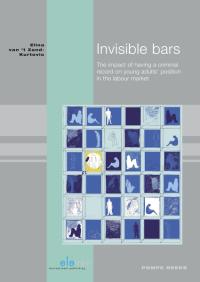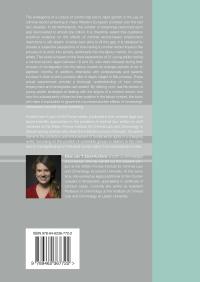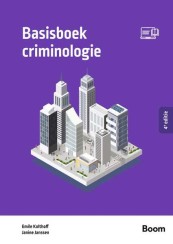Invisible bars
The impact of having a criminal record on young adults’ position in the labour market
The emergence of a culture of control has led to rapid growth in the use of criminal-record screening in many Western-European societies over the last two decades. In the Netherlands, the number of screenings performed each year skyrocketed to almost one million. It is, therefore, salient that qualitative empirical evidence on the effects of criminal record-based employment restrictions is still absent. Invisible bars aims to fill this gap: it is designed to provide a subjective perspective of how having a criminal record impacts the process of re-entry into society, particularly into the labour market, for young adults. This study is based on the lived experiences of 31 young adults having a criminal record, aged between 16 and 30, who were followed during their process of reintegration into the labour market for average periods of six to eighteen months. In addition, interviews with professionals and parents involved in their re-entry process offer in-depth insight in this process. These actual experiences provide a thorough understanding of how crime, employment and reintegration are related. By offering vivid, real-life stories of young adults’ strategies of dealing with the stigma of a criminal record, and how this subsequently influences their position in the labour market, this book will make it impossible to ignore the counterproductive effects of increasingly widespread criminal-record screening.








